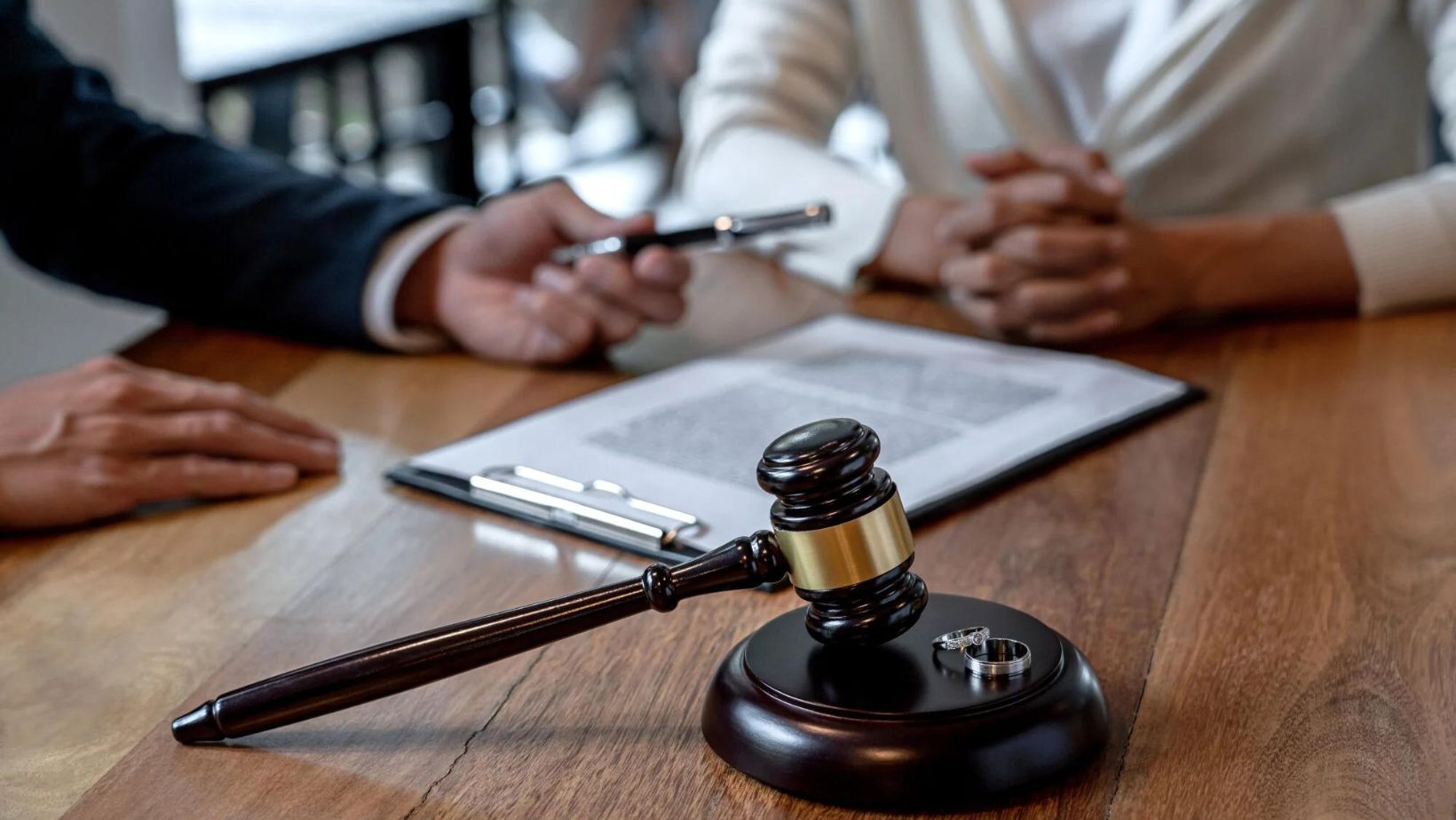Accidents happen when we least expect them, and they can have significant impacts on our lives. Personal injury refers to any physical or emotional harm caused by someone else’s negligence or intentional actions. Common types of personal injuries include car accidents, slips and falls, workplace injuries, and medical malpractice. These incidents often lead to medical bills, lost wages, and emotional distress, making it crucial to understand your rights and the steps to take after an injury.
Knowing Your Rights
Suffering a personal injury can be overwhelming, but knowing your legal rights can empower you. Legally, you have the right to seek compensation if someone else’s actions caused your injury. This compensation can cover medical expenses, lost income, pain and suffering, and other related costs. It’s vital to recognize that you have the right to a fair settlement and to be treated with respect throughout the process.

Understanding your rights also involves knowing the statute of limitations, which is the time limit for filing a claim. This varies by state, so it’s essential to act promptly to avoid losing your right to compensation. Keeping informed about your rights ensures you can make decisions confidently and pursue the justice you deserve. Not to mention, having the right knowledge can prevent insurance companies from taking advantage of you.
Steps to Take After an Injury
Seek Medical Attention
Your health should be your top priority after an injury. Even if you think your injuries are minor, it’s crucial to see a doctor as soon as possible. Some injuries may not show immediate symptoms but can worsen over time. A medical professional can diagnose and document your injuries, providing crucial evidence for your claim.
Collect Evidence
Gathering evidence is essential to building a strong personal injury case. Start by taking photos of the accident scene, your injuries, and any property damage. Collect contact information from witnesses who can support your account of the incident. Keep all medical records, receipts, and any correspondence with insurance companies. Even small details can make a significant impact on your case, so document everything.
Report the Incident
Reporting the incident to the appropriate authorities is another critical step. If you were injured in a car accident, file a police report. For workplace injuries, notify your employer and file a report with your company’s human resources department. Proper documentation helps establish the facts and supports your claim.
Understanding the Claims Process
Filing a Personal Injury Claim
The claims process can be complex, but understanding it can make it more manageable. Start by notifying the at-fault party’s insurance company about your intent to file a claim. Provide them with all necessary documents, including medical records, evidence, and a detailed account of the incident. Be honest and straightforward, but avoid giving recorded statements without consulting your lawyer.
Dealing with Insurance Companies
Insurance companies may try to minimize your claim or deny it altogether. They are businesses focused on protecting their bottom line, not necessarily your best interests. Be cautious when dealing with them and avoid accepting the first settlement offer. It’s often much lower than what you deserve. Once again, having a lawyer by your side can help you navigate this process and ensure you receive fair compensation.
Protecting Your Rights
To protect your rights, be proactive and organized. Keep detailed records of all interactions with insurance companies and other parties involved in your case. Avoid discussing your case on social media, as it can be used against you. Stay informed about your legal rights and seek legal advice if needed.
Hiring Legal Representation
When to Hire a Lawyer
While not every personal injury case requires a lawyer, having legal representation can be highly beneficial, especially in complex cases. If your injuries are severe, liability is unclear, or the insurance company is uncooperative, it’s wise to consult a personal injury attorney. Understanding how a disability lawyer can maximize your claim can be crucial in such situations, as they can provide expert advice, negotiate with insurance companies, and represent you in court if necessary.
Finding the Right Lawyer
Choosing the right lawyer is crucial for the success of your case. Look for an attorney with experience in personal injury law and a track record of successful settlements. And you can easily find a personal injury attorney for your case online. Just make sure to schedule consultations with potential lawyers to discuss your case and ask about their approach, fees, and expected outcomes. Trust your instincts and choose someone you feel comfortable with.
The Initial Consultation
During the initial consultation, the lawyer will evaluate your case and provide an overview of your legal options. Be prepared to share all relevant information and ask questions about the process. This meeting is also an opportunity to determine if the lawyer is a good fit for you. Most personal injury lawyers work on a contingency fee basis, meaning they only get paid if you win your case.
Final Tips and Resources
Stay Organized
Keep all documents, receipts, and records related to your injury in one place. Staying organized makes it easier to manage your case and provides a comprehensive record for your lawyer.
Follow Medical Advice
Adhere to your doctor’s recommendations and attend all follow-up appointments. Your health is paramount, and following medical advice also strengthens your case by demonstrating your commitment to recovery.
Utilize Support Resources
There are numerous resources available to help you through the aftermath of a personal injury. Support groups, legal aid organizations, and online forums can provide valuable information and emotional support. Don’t hesitate to reach out for assistance.

Suffering a personal injury can be a daunting experience, but knowing your rights and taking the correct steps can make a significant difference. From seeking medical attention and collecting evidence to understanding the claims process and hiring legal representation, each step is crucial in ensuring you receive the compensation you deserve.
Stay informed, be proactive, and don’t hesitate to seek help when needed. For more personalized advice and assistance, consider booking a consultation with a personal injury lawyer who can guide you through the process and help you achieve the best possible outcome.
